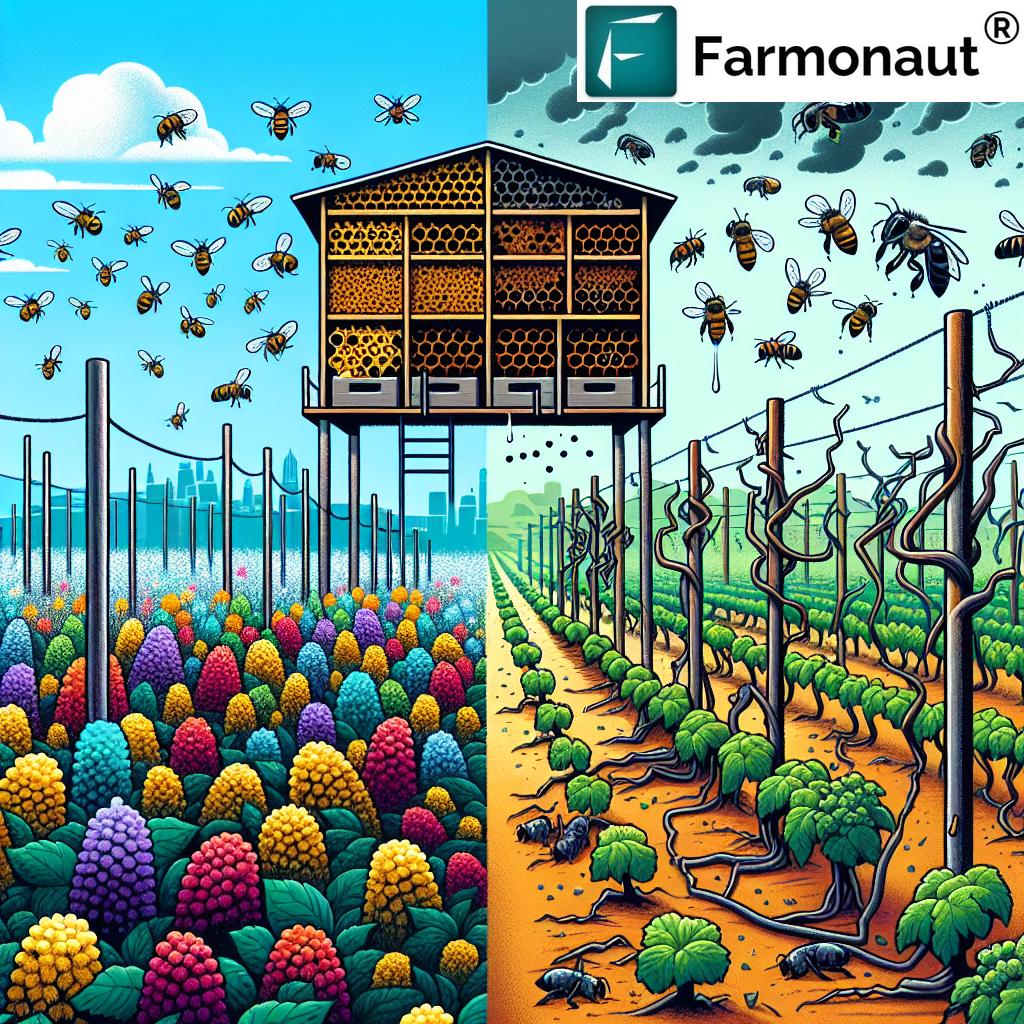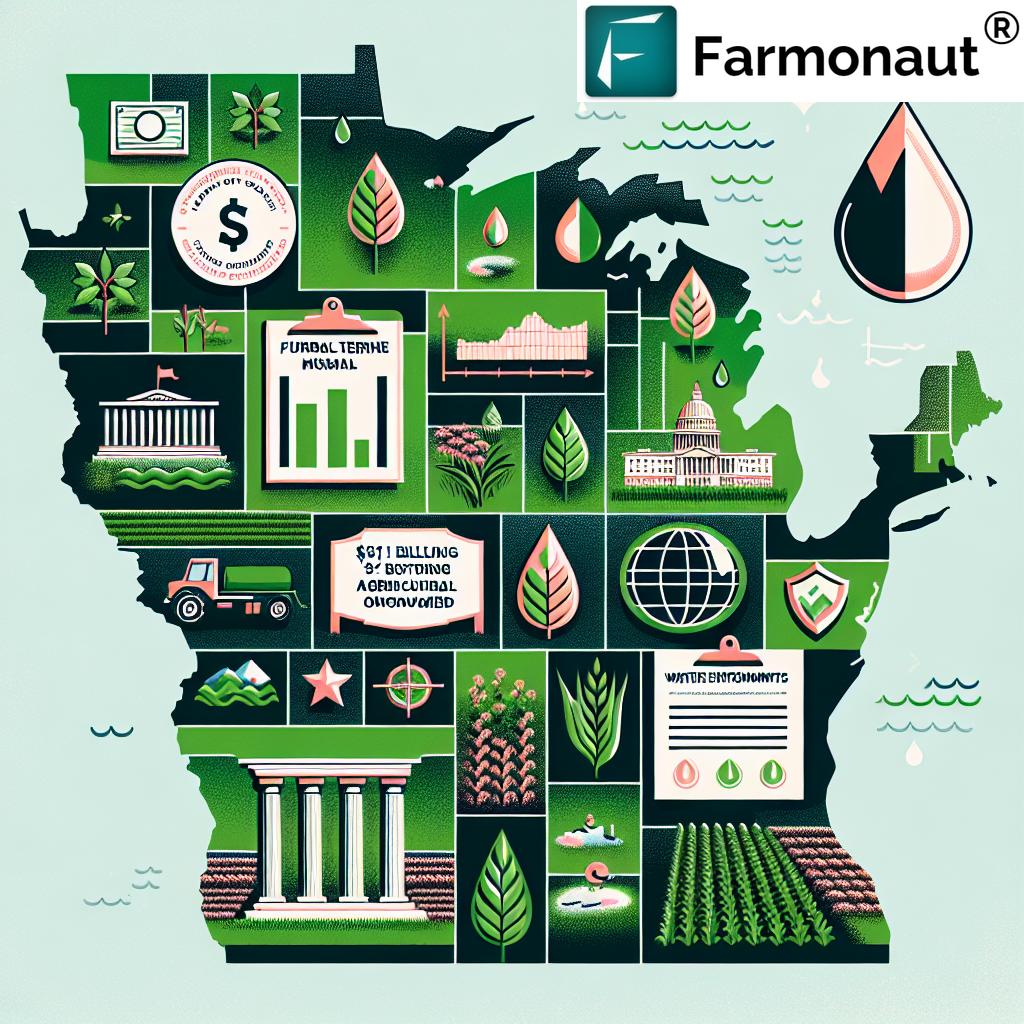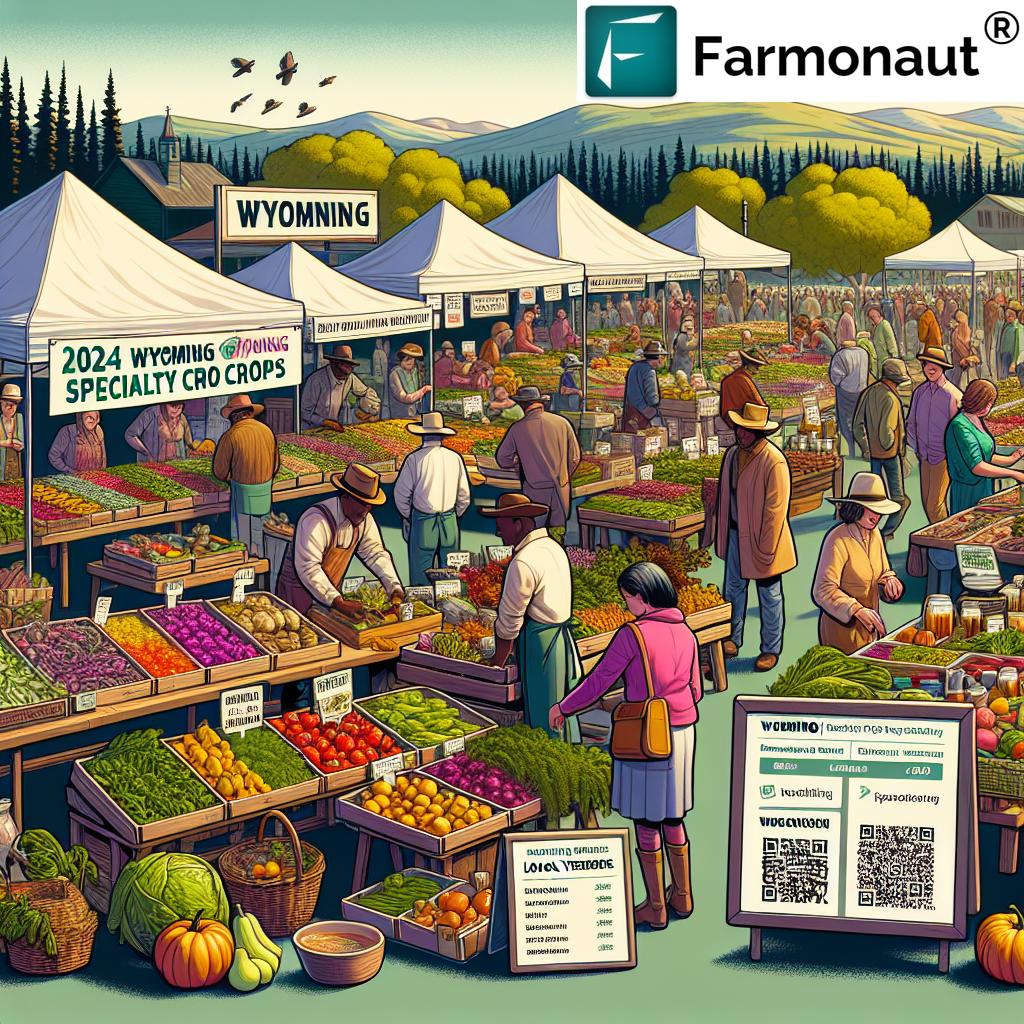Shocking Midwest Poultry Crisis: Organic Chicken Farmers Battle Bankruptcy and Feed Shortages as Pure Prairie Poultry Collapses
The Midwest organic chicken farming industry is facing an unprecedented crisis as the recent bankruptcy of Pure Prairie Poultry sends shockwaves through the region’s agricultural community. This sudden collapse has left farmers grappling with financial uncertainties, animal welfare concerns, and a severe chicken feed shortage, highlighting the fragility of sustainable organic chicken farming practices in the face of industry challenges.
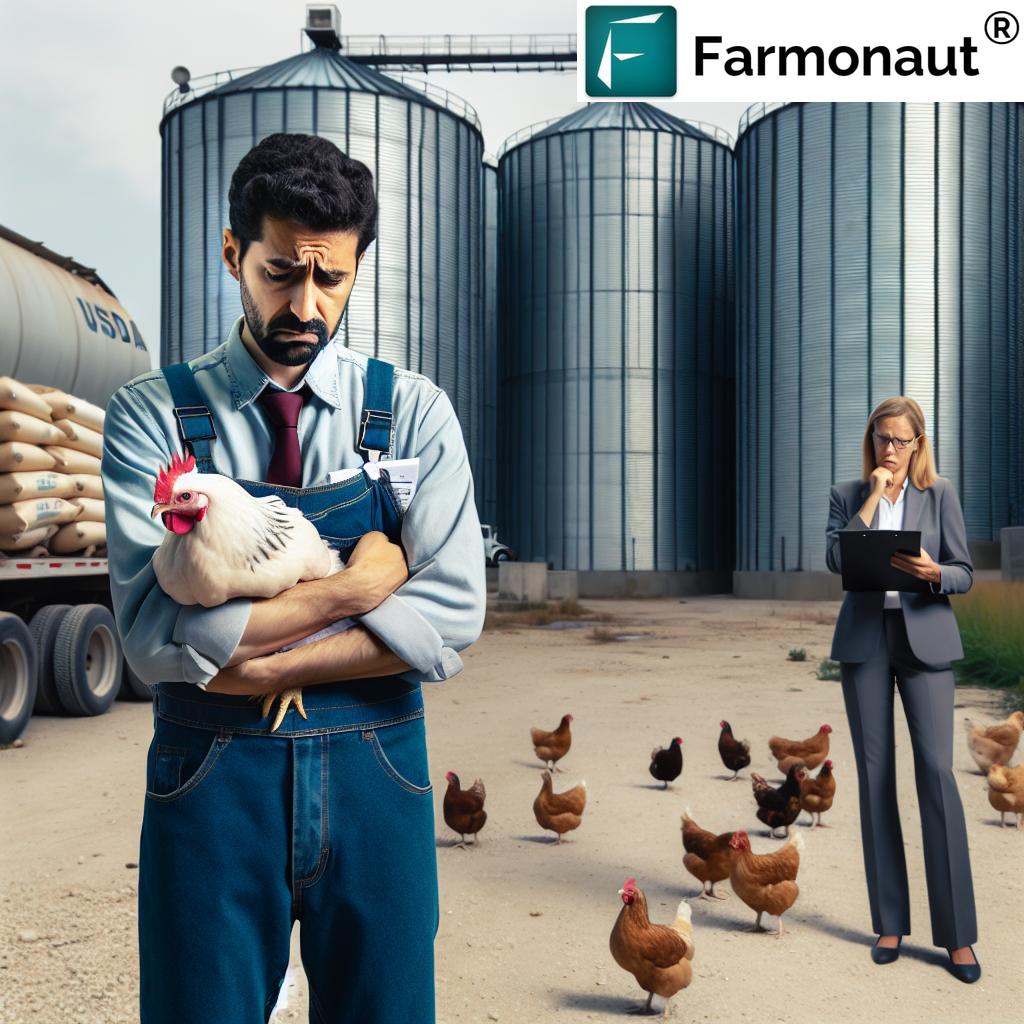
The Pure Prairie Poultry Bankruptcy Impact
The closure of Pure Prairie Poultry’s plant in Iowa has become the epicenter of this Midwest organic chicken farm crisis. The bankruptcy has left over 1.3 million chickens in limbo, with farmers struggling to maintain their care and well-being. This situation has sparked serious animal welfare concerns and raised alarm bells about potential bird flu outbreaks.
The ripple effects of the Pure Prairie Poultry bankruptcy extend far beyond the immediate financial impact on farmers. It has exposed critical vulnerabilities in the organic poultry industry’s supply chain and highlighted the need for more robust support systems for sustainable farming practices.
Challenges Facing Organic Chicken Farms
The collapse of Pure Prairie Poultry is just one symptom of the broader poultry industry challenges plaguing the Midwest. Organic chicken farmers are battling a perfect storm of obstacles:
- Supply Chain Disruptions: Agricultural supply chain issues have made it difficult for farmers to access essential resources, including feed and equipment.
- Low Chicken Prices: Market volatility, exacerbated by the COVID-19 pandemic, has led to unsustainably low prices for organic chicken products.
- Feed Shortages: A severe chicken feed shortage has left many farmers scrambling to find alternative sources to maintain their flocks.
- Financial Struggles: The combination of these factors has resulted in significant chicken farmer financial struggles, pushing many to the brink of bankruptcy.
These challenges underscore the urgent need for comprehensive solutions to support the organic poultry industry and ensure its long-term viability.
USDA Assistance for Poultry Farmers
In response to the crisis, the United States Department of Agriculture (USDA) is evaluating options for USDA farm assistance to affected producers. This potential lifeline could provide crucial support to farmers grappling with the fallout from the Pure Prairie Poultry bankruptcy.
The USDA’s involvement highlights the severity of the situation and the recognition that federal intervention may be necessary to stabilize the industry. Potential assistance measures could include:
- Emergency loans to help farmers cover immediate expenses
- Grants for implementing sustainable farming practices
- Technical assistance for navigating supply chain challenges
- Support for developing alternative markets for organic poultry products
These measures aim to provide both short-term relief and long-term solutions to the organic farming setbacks experienced in the region.
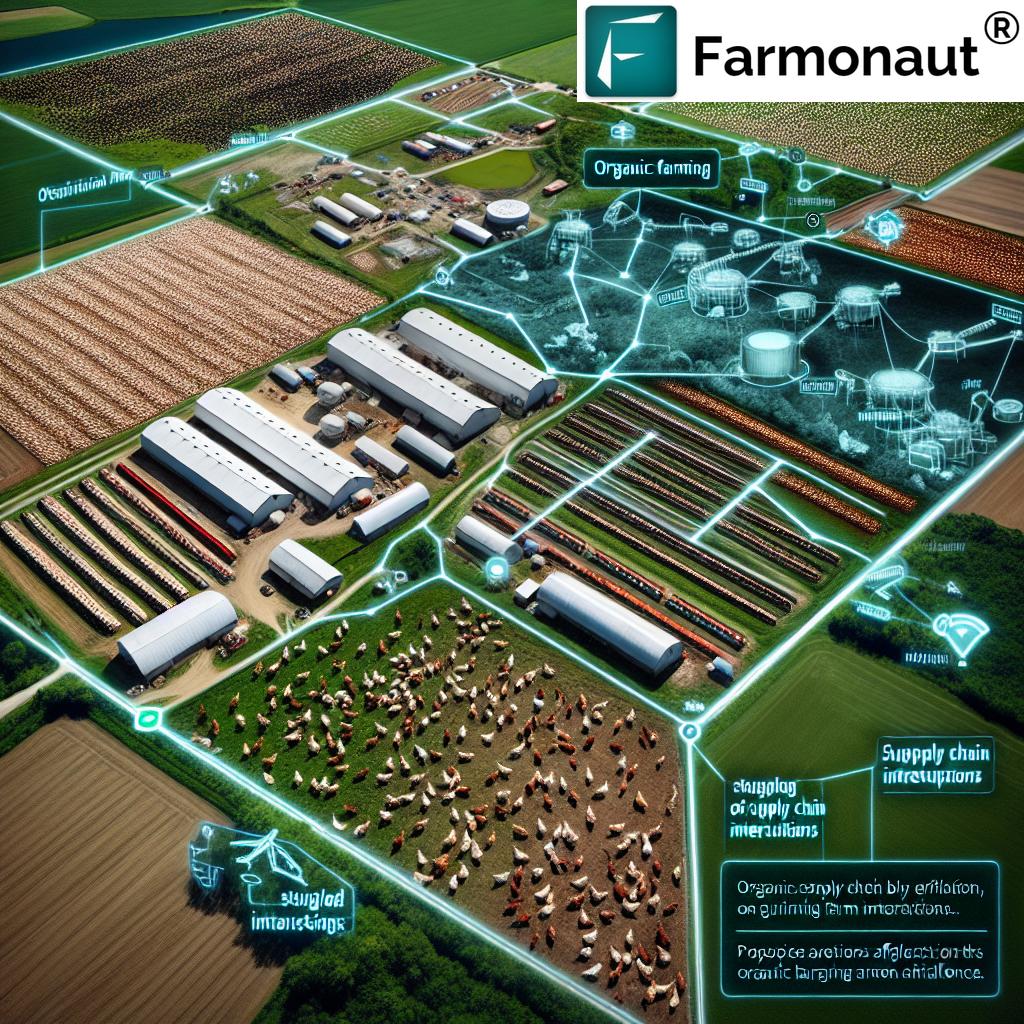
Addressing the Chicken Feed Shortage
One of the most pressing issues facing organic chicken farmers is the ongoing feed shortage. Finding viable chicken feed shortage solutions is critical for maintaining flock health and productivity. Some innovative approaches being explored include:
- Developing local feed production networks to reduce reliance on distant suppliers
- Experimenting with alternative feed sources that meet organic certification requirements
- Implementing more efficient feed management systems to minimize waste
- Collaborating with agricultural researchers to develop drought-resistant feed crops
These strategies not only address the immediate crisis but also contribute to the long-term resilience of sustainable organic chicken farming practices.
Animal Welfare in the Poultry Crisis
The animal welfare in poultry crisis is a critical concern as farmers struggle to care for their flocks amidst financial and resource constraints. The situation raises important questions about the ethical responsibilities of the industry and the need for robust support systems to ensure the well-being of animals even in times of economic distress.
State agriculture departments are stepping in to provide emergency assistance, focusing on:
- Ensuring adequate food and water supplies for affected flocks
- Providing veterinary care to prevent disease outbreaks
- Facilitating the safe relocation of chickens when necessary
- Offering guidance on humane practices during the crisis
These efforts underscore the importance of maintaining high animal welfare standards even in the face of severe industry challenges.
The Future of Organic Poultry Farming in the Midwest
As the industry grapples with this crisis, it’s clear that the future of organic poultry farming in the Midwest will require a reimagining of current practices and support systems. Key areas of focus for ensuring a sustainable future include:
- Strengthening local and regional supply chains to reduce vulnerability to disruptions
- Developing more resilient farming practices that can weather economic and environmental challenges
- Enhancing collaboration between farmers, processors, and retailers to create a more stable market for organic poultry products
- Investing in research and innovation to address ongoing challenges in feed production and animal welfare
By addressing these areas, the industry can work towards building a more robust and sustainable organic poultry sector in the Midwest.
Leveraging Technology for Crisis Management
In these challenging times, farmers can benefit from technological solutions to help manage their operations more efficiently. Farmonaut offers innovative tools for agricultural management that can be particularly valuable for organic chicken farmers facing crisis situations.
Key features that can assist farmers include:
- Satellite-based crop monitoring to optimize feed production
- Weather forecasting to plan for potential disruptions
- Data analytics for more efficient resource allocation
Farmers can access these tools through the Farmonaut app:
For those interested in integrating these technologies into their existing systems, Farmonaut also offers an API with comprehensive developer documentation.
Conclusion: A Call for Comprehensive Support
The Midwest poultry crisis sparked by the Pure Prairie Poultry bankruptcy has exposed significant vulnerabilities in the organic chicken farming industry. From supply chain disruptions to animal welfare concerns, the challenges facing farmers are multifaceted and require a comprehensive approach to resolution.
As the industry works towards recovery, it’s clear that a combination of government assistance, technological innovation, and sustainable farming practices will be crucial. The resilience of Midwest organic chicken farmers in the face of these challenges highlights the importance of supporting local agriculture and the need for continued investment in sustainable food systems.
By addressing the immediate crisis while also focusing on long-term solutions, the Midwest organic poultry industry can emerge stronger, more resilient, and better equipped to face future challenges. The path forward will require collaboration, innovation, and a renewed commitment to the principles of sustainable and ethical farming practices.
As the situation continues to evolve, stay tuned for updates on this critical issue affecting the heart of America’s agricultural community.





